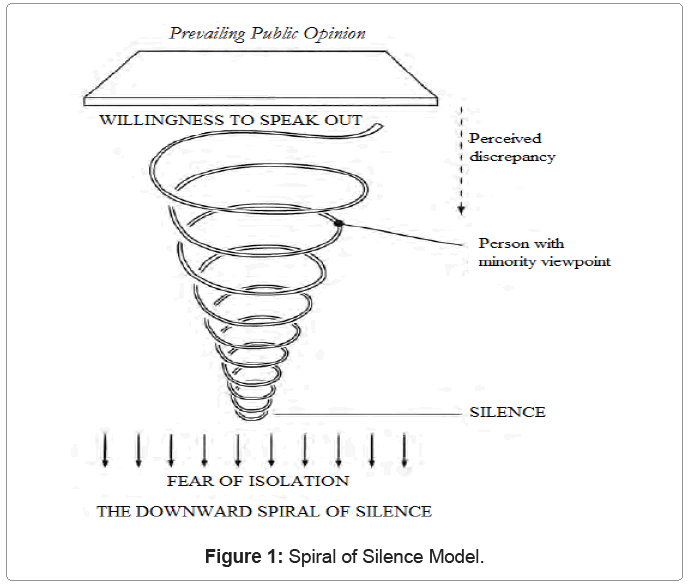By Destiny Alvarez, Rylee Marron and Jake Willard
Thursday’s class revolved around the ideas of networks, bullying
Often times people see social media as a place to voice their opinions under the protection of anonymity or their small network of selected followers. Unfortunately, anonymity online is virtually impossible. Your selected network may only have 30 people, but if they have 30 people and they retweet it, it just keeps going outward. The invisible audience can always be present.
In class we discussed the idea of the twitter mob. Bloomberg touches on how a few controversial tweets can be blown out of portion despite what the person may or may not have meant by them.
One of the best examples is Justine Sacco. She tweeted an insensitive white privilege themed tweet right before she got on her flight. By the time she landed, she was trending with the #HasJustineLandedYet and she’d lost her job.
She felt she was making a funny joke to her small amount of followers. It took one person to retweet it and the mob descended. People attacked her for her racist comments and spreading of white privilege. Some twitter users wished her well and hoped she would come out of the attacks a better person. Others, the mob, ruthlessly attacked her.
Our class appeared to have mixed feelings on how the mob treated Sacco. The mob gave way to one of the most common forms of bullying we see today, cyberbullying. Kelli talked us through how bullying in connection with the mob mentality creates a dangerous place for users. Bullying is fueled by the privacy of your own home and anonymity.
People detach from normative and social constraints. They are able to function and bypass the moral responsibility for their actions and punishment is a lot less likely when you’re a part of an online mob. This is what happens when people experience The “Stranger on the Train” phenomenon.
The class concluded with a discussion of the spiral of silence theory and how the concept comes about due, in part, to the motivations behind mob mentality. When there is an obvious popular opinion and an individual does not agree with it, they may feel a fear of speaking out on social media because of the potential for backlash from those who maintain the majority view.

At the end of the day, the invisible audience can turn into a mob in the blink of an eye, and the backlash may create a spiral of silence that goes to discourage others from speaking out. Isn’t it crazy how everything is connected on social? Almost makes you want to try to track your social media contagion.
Almost.
Class Rants:
The class wouldn’t be complete without the very important and necessary rants for the day.
- Tweeter @coast2coastjrb brought to light the very important debate of escalators. PSA you stand on the right and walk on the left. It saves time and temperaments. Please act accordingly.
- Why do people really say “God bless you” when you sneeze? What if that human isn’t religious? Is it a default setting in the human brain? I don’t think demons would choose my nose to enter, but who’s to say? Better safe than sorry. #Getthesalt @cw_spn @tommybieman
- Manspreading. Almost as bad as mansplaining. DON’T.
4. Oregon drivers. SMH.
5. Gerry Growler looks like he is ready to party.



As much as social media can bring people together and create “communities”, it also creates an incredibly negative landscape marred by bullies, sad people, and ensuing “mobs”. As we spoke about in class, people with anonymous accounts feel free to say whatever they want, to whomever they want, with almost no consequence. This fuels others to do the same, quickly creating a powerful and hurtful mob. At this day and age, people need to take active participation in social media with a grain of salt. You either need to not take yourself too seriously on platforms, or you need to be 100% blindly committed to enhancing your brand. Additionally, one must understand that there are millions of people out there who are unhappy with their own lives, and take solace in being negative, trolling, and causing pain to others online. More and more it seems that social media should have an age requirement…. as we have seen so many young users hurt as a result of bullies, mobs, and the benefit of anonymity.